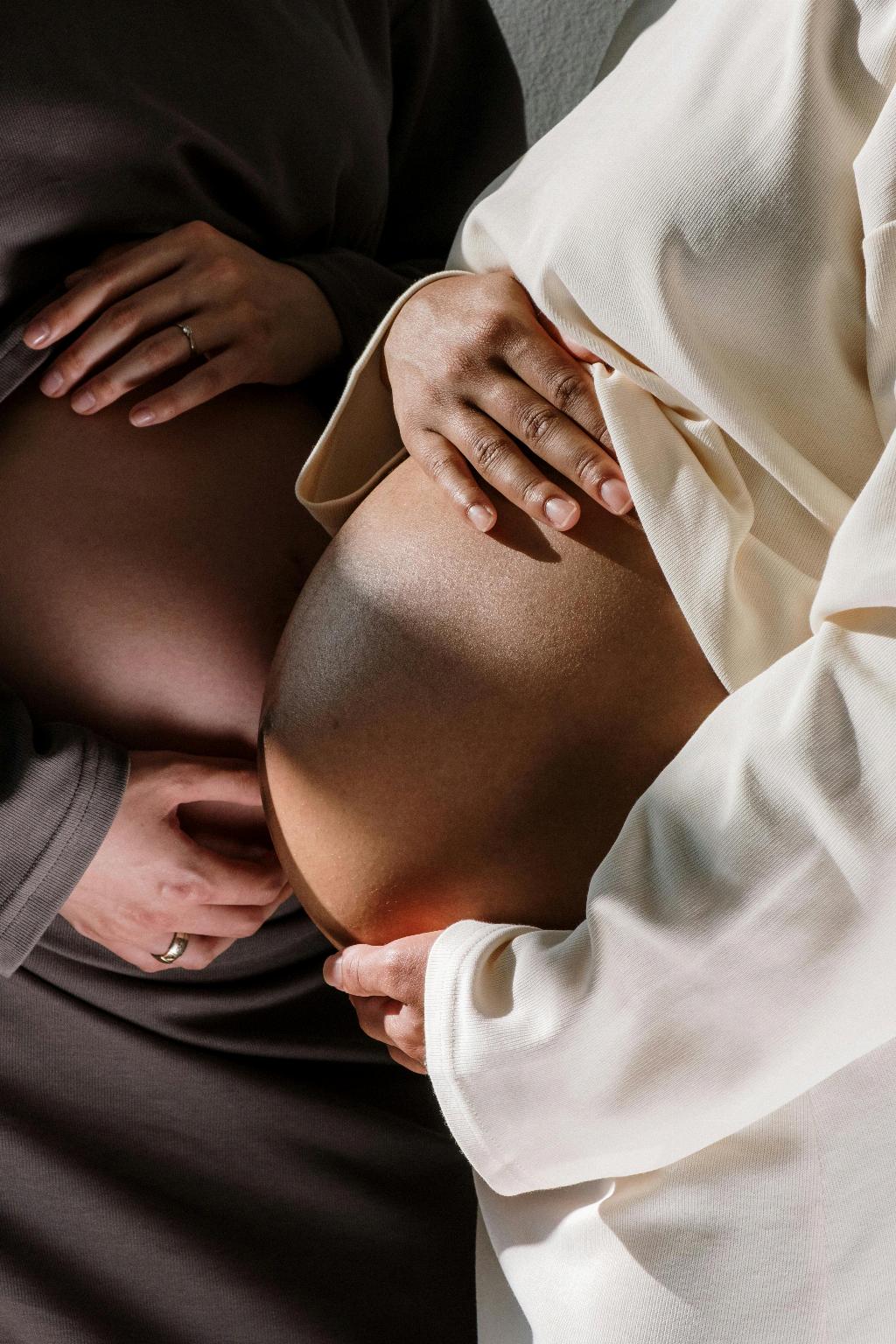When it comes to preparing for labor, timing is key. Many expectant parents often wonder when to start getting everything ready for the big day. While it’s exciting to think about the arrival of your little one, it’s essential to start preparing well in advance to ensure everything goes smoothly when the time comes.
It is generally recommended to start preparing for labor around the 36-week mark. This gives you ample time to gather all the essential items you will need for the hospital or birthing center. It’s essential to have these items ready well before your due date to avoid any last-minute stress or scrambling.
Getting a few things organized at least four weeks before your due date can make a significant difference. This timeframe allows you to check off items on your list gradually, ensuring that you have everything you need when the time comes. Whether it’s packing your hospital bag or finalizing birthing preferences, starting early is always a good idea.
Your midwife or healthcare provider can be a valuable resource in helping you determine what you will need to pack for labor and delivery. They can provide you with a checklist of essential items to have on hand, ensuring that you are well-prepared for the big day.
One item you may want to include in your hospital bag is something old, loose, and comfortable to wear during labor. Comfort is key during this time, and having clothing that allows for ease of movement can make a difference in your overall experience. Consider packing items that make you feel relaxed and at ease.
Starting your preparations for labor around the 36-week mark also gives you time to familiarize yourself with your birthing plan and preferences. Whether you are opting for a natural birth or have specific requests for pain management, having a clear plan in place can help you feel more confident and in control when the big day arrives.
In addition to physical preparations, it’s also essential to take care of your emotional well-being as you get ready for labor. Pregnancy and childbirth can be a rollercoaster of emotions, so it’s crucial to prioritize self-care during this time. Surround yourself with supportive loved ones and take time to relax and unwind as you prepare for the arrival of your little one.
As you approach the 36-week mark, it’s a good idea to check in with your healthcare provider to ensure that everything is progressing as it should. Regular check-ups and discussions about your birth plan can help alleviate any concerns you may have and ensure that you are well-prepared for the journey ahead.
Remember that each pregnancy is unique, and there is no one-size-fits-all answer to when you should start preparing for labor. Trust your instincts and listen to your body as you navigate this exciting and sometimes overwhelming time. By starting your preparations around the 36-week mark, you can feel more confident and ready for the beautiful experience of childbirth.
In conclusion, the 36-week mark is an ideal time to start preparing for labor. This timeframe gives you enough time to gather essential items, finalize your birthing preferences, and take care of your emotional well-being. Remember to lean on your healthcare provider for guidance and support throughout this journey, and trust that you are well-prepared for the incredible experience of bringing your little one into the world.

